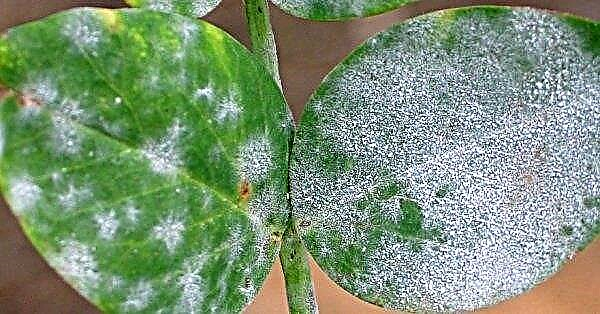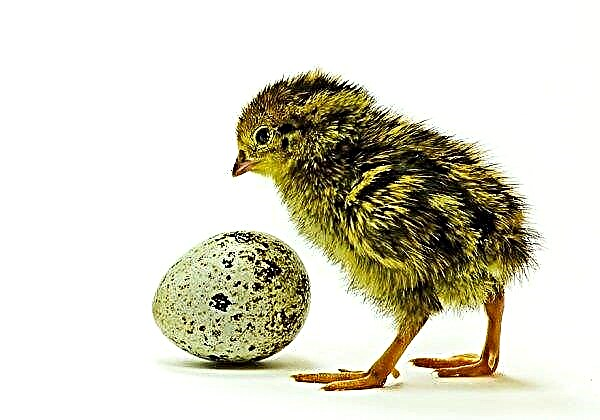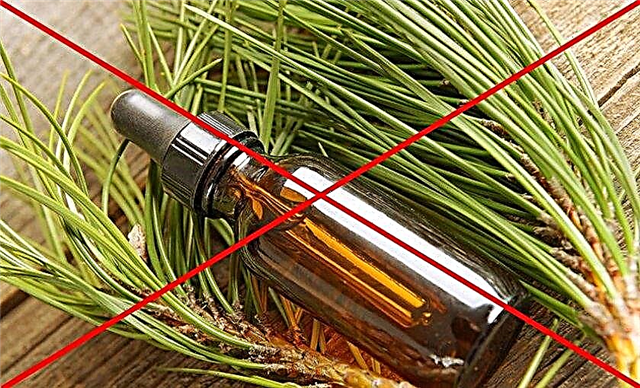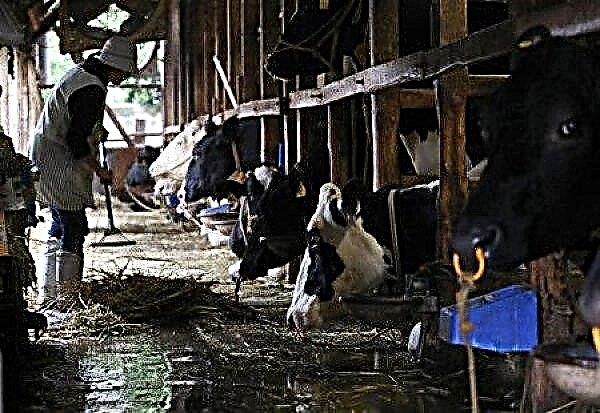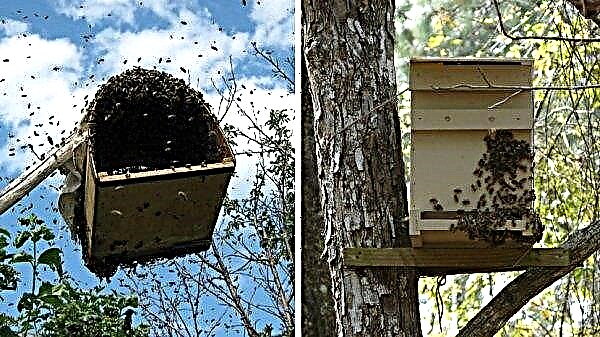One of the reasons for the sharp decrease in the species diversity and the number of wild pollinating insects in Ukraine is the regular mass burning of dry vegetation in autumn and spring in forest belts, along roads and in ravines.
This was told by the candidate of biological sciences, associate professor of Kharkov National Agrarian University. Dokuchaev Mikhail Filatov.
Direct speech: “By the force of influence on wild pollinators and other living creatures, burning exceeds all factors combined, as a result of which fertilized female bumblebees and solitary bees, wintering in dry litter, make their nests in dry plant stems. Butterflies, flies, beetles and wasps die in large numbers - very important insects as secondary pollinators and entomophages, ”he said.
No less detrimental, according to him, regular arson acts on vegetation, and especially on dicotyledonous plants, which are fodder plants of wild pollinators and entomophages.
 Bumblebees are sometimes specially bred as pollinators. These insects are especially appreciated for their peaceful disposition.
Bumblebees are sometimes specially bred as pollinators. These insects are especially appreciated for their peaceful disposition.
After 2-3 years, monocotyledonous plants begin to dominate in such places, and the previously flowering carpet turns into a plain green patch of cereal plants unsuitable for feeding and settling wild pollinators.
The situation with wild pollinators and, accordingly, the level of pollination of natural and human-cultivated vegetation is worsened by the spread of KMB (the collapse of a honey bee) in the world.
The death of a significant percentage (in some regions up to 60-70%) of domestic bee families catastrophically affects the level of pollination of entomophilous crops, and especially in those places where wild single bees and bumblebees are few.
- Russian bees travel with their entire families in postal parcels.
- Earlier, we reported that Brazilian bees are killed by entire families due to pesticide poisoning.
- A farm from the Kherson region is guarded by watchdogs ”bees.

